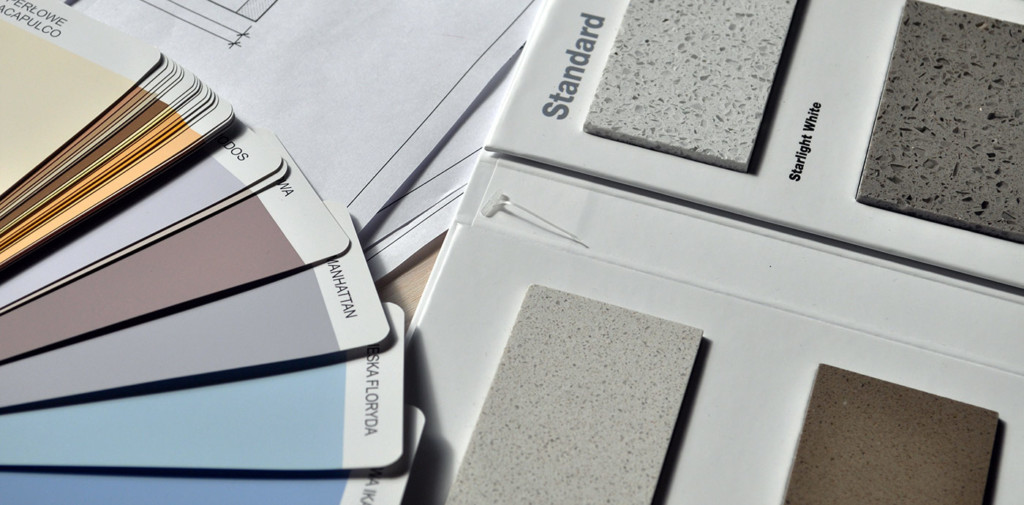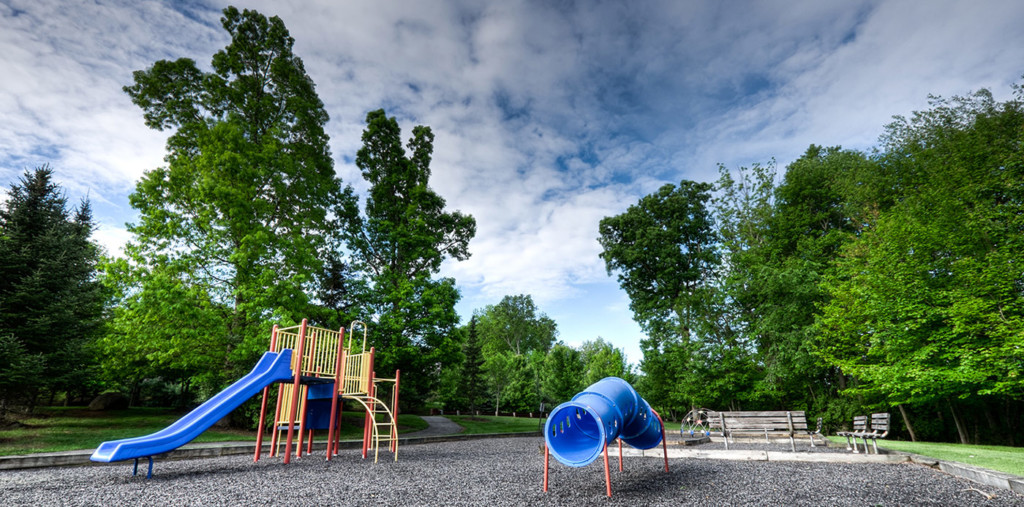Buying a new or used home: advantages and disadvantages
by Multi-Prêts Mortgages
What you’ll learn
- Why you should buy new
- Why you should buy used
When the time comes to buy a property, the difference between new and used goes far beyond aesthetic and stylistic considerations.
To help you make an enlightened decision, here are a few key differences between new and used homes.
The GST, QST
You must pay taxes (GST and QST) on a new construction, unlike older properties.
The purchase price
For new constructions, the price is usually set by the promoter. When buying used, you can always negotiate with the seller, who more often than not is an individual. However, even though we tend to associate new constructions with higher prices, this is not always the case.
The condo market is a good example. If a condo building is completed and there are only a few units left, promoters may be more willing to negotiate so they can move on to the next project.
You should also see if you are eligible for government programs and tax rebates for the purchase of a new house. Contact a Multi-Prêts broker to find out more. To enhance your search for the perfect home, read “Tips and tricks: The top 5 websites to find your next house”.
The delivery date
For a multitude of reasons, a builder may not be able to deliver your new home on time.

The customization
This aspect holds advantages and disadvantages in both cases.
A new construction may allow you to choose certain materials and have your say in the interior design. The downside is this may bring about additional expenses which are most likely not included in the base price. Same goes for landscaping, paving and putting up fences.
With a used home, you’ll need a little luck and a lot of patience to find a home with the exact interior and exterior design you’ve been looking for. This could mean extra renovation and remodeling costs. Note, however, that certain types of improvement on a used home could increase its resale value. You may be able to finance the work on your initial mortgage. Contact a Multi-Prêts broker to get your request started.
The maintenance and repairs
In most every case, a new house ensures that the owners won’t need to conduct any repairs for at least a few years. Furthermore, warranties such as the Plan de garantie des bâtiments résidentiels neufs (New home warranty program) offers peace of mind for buyers. You should nonetheless look up the promoter and the builder’s previous projects, and make sure you know the purchase clauses. However, any fabrication defect uncovered in the first five years should be addressed by the promoter.
Even if you should remain vigilant with a new construction, given the wear and tear that comes with time, you’re still much more likely to come across hidden defects in used properties, namely given the age of the building and the condition it’s in. You should read our article on how to deal with hidden defects.
The energy efficiency
Since they are built according to the latest standards, new constructions should normally provide you with considerable energy savings. It is still worth considering whether the higher purchase price justifies future savings.

The neighbourhood
Usually, a recently built house in a new development won’t provide you with as much greenery as an older neighbourhood will. If the neighbourhood is still under development, this could also mean you will have to put up with the noise and dust caused by the remaining construction work. Ultimately, your main concern should be ensuring you can find the lifestyle and services that matter most to you (schools, shops, public transportation, parks…). Consult this article to learn more about walk score, which can help you evaluate the services proximity.
Whether you are buying new or used, a good mortgage broker should always be your starting point. Contact our brokers today.
If you’re looking to put your project management skills to good use for your next project, you should read our article “What you need to know about building your own house”.
Key takeaways
- You must pay taxes (GST and QST) on a new construction, unlike older properties
- For new constructions, the price is usually set by the promoter. When buying used, you can always negotiate with the seller.
- You should see if you are eligible for government programs and tax rebates for the purchase of a new house.
- Even if you should remain vigilant with a new construction, you’re still much more likely to come across hidden defects in used properties.





